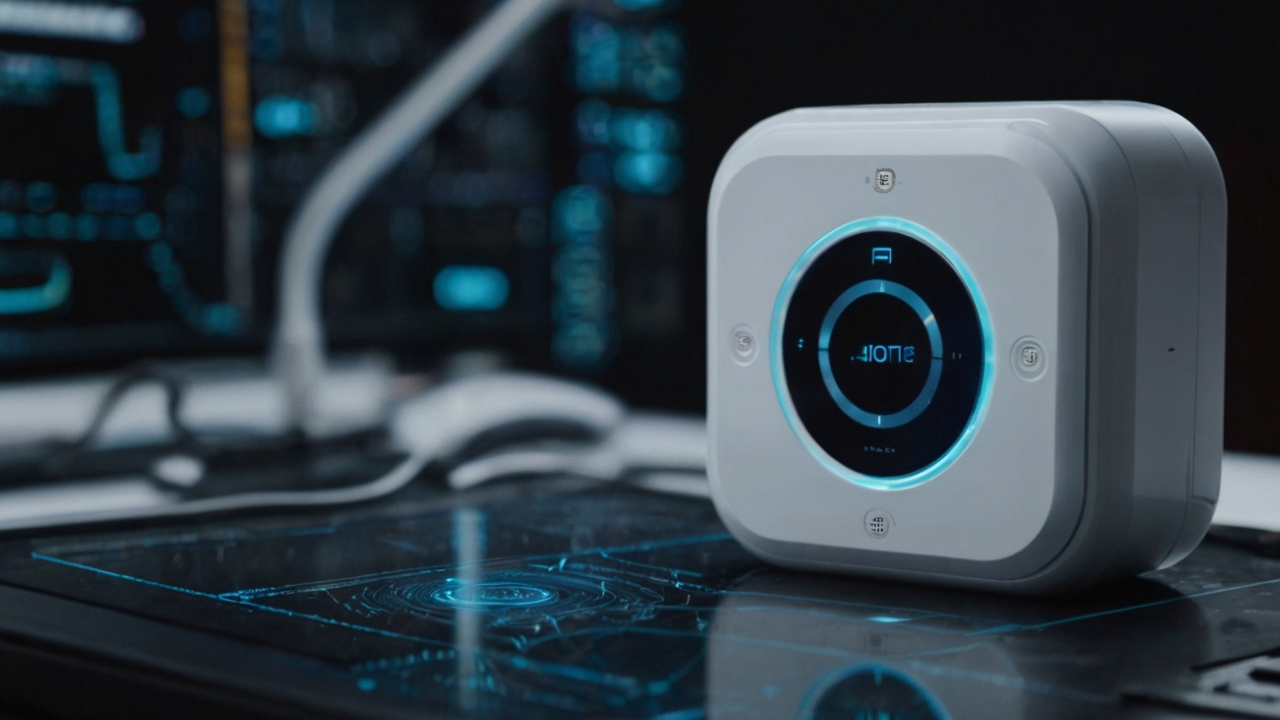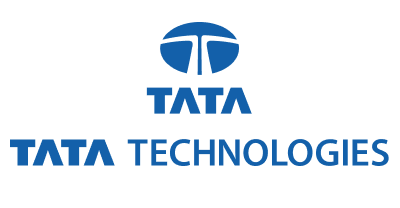In the rapidly evolving landscape of software development, the intersection of Quality Assurance (QA), error management, and Artificial Intelligence (AI) is creating new challenges and opportunities. As AI technologies become more prevalent in both the development and testing processes, it’s crucial to understand how these elements interact and what it means for the future of software quality. Let’s delve into this complex and fascinating topic.
1. The Evolving Role of Quality Assurance
Traditional QA processes are undergoing a significant transformation:
a) Shift-Left Testing: QA is increasingly integrated earlier in the development cycle, with AI tools supporting continuous testing.
b) Automated Testing at Scale: AI enables the creation and execution of vast numbers of test cases, far beyond human capabilities.
c) Predictive Quality Assurance: Machine learning models can predict potential issues before they occur, based on historical data and code analysis.
These changes are redefining what it means to ensure software quality in the age of AI.
2. AI in Error Detection and Prevention
AI is revolutionizing how we identify and prevent software errors:
a) Static Code Analysis: AI-powered tools can analyze code for potential bugs and vulnerabilities more efficiently than traditional methods.
b) Dynamic Testing: AI can generate and execute test cases that adapt to the application’s behavior in real-time.
c) Anomaly Detection: Machine learning algorithms can identify unusual patterns in system behavior that may indicate errors.
By leveraging AI, development teams can catch and address errors earlier and more comprehensively.
3. The Challenge of AI-Generated Errors
As AI becomes more involved in software development, it introduces new types of errors:
a) Algorithmic Bias: AI systems may inadvertently introduce biases based on their training data.
b) Black Box Problem: The complexity of AI systems can make it difficult to understand why certain errors occur.
c) Edge Case Handling: AI may struggle with rare or unforeseen scenarios that weren’t part of its training data.
These AI-specific errors require new approaches to quality assurance and error management.
4. Balancing Automation and Human Expertise
While AI offers powerful automation capabilities, human expertise remains crucial:
a) Contextual Understanding: Humans excel at understanding the broader context and implications of software behavior.
b) Creative Problem-Solving: Human testers can devise unique test scenarios that AI might not consider.
c) Ethical Considerations: Human oversight is essential in ensuring AI-driven QA processes align with ethical standards.
Finding the right balance between AI automation and human insight is key to effective quality assurance.
5. Continuous Learning and Adaptation
AI in QA isn’t a one-time implementation but a continuous process of learning and improvement:
a) Feedback Loops: AI systems can learn from each testing cycle, continuously refining their accuracy and efficiency.
b) Model Retraining: As software evolves, AI models used in QA need regular retraining to stay relevant.
c) Adaptive Testing Strategies: AI can help adjust testing strategies based on changing project requirements and emerging patterns.
This dynamic nature of AI-driven QA requires ongoing attention and management.
6. Handling False Positives and Negatives
AI systems in QA can sometimes produce misleading results:
a) False Positives: AI may flag issues that aren’t actually problems, potentially wasting development resources.
b) False Negatives: Conversely, AI might miss real issues, especially in complex or novel scenarios.
c) Calibration Challenges: Finding the right sensitivity level for AI-driven error detection is an ongoing challenge.
Developing strategies to minimize and manage these inaccuracies is crucial for effective AI-driven QA.
7. Security and AI in Quality Assurance
The integration of AI in QA processes brings new security considerations:
a) Data Privacy: AI systems often require access to large datasets, raising concerns about data privacy and protection.
b) AI Model Security: Ensuring the integrity and security of AI models used in QA is crucial to prevent tampering or exploitation.
c) Adversarial Attacks: As AI becomes more prevalent in QA, the risk of adversarial attacks designed to fool AI systems increases.
Addressing these security challenges is essential for maintaining trust in AI-driven QA processes.
8. Scalability and Performance
AI offers unprecedented scalability in QA, but also introduces new performance considerations:
a) Handling Big Data: AI-driven QA often involves processing vast amounts of data, requiring robust infrastructure.
b) Real-Time Analysis: The need for real-time error detection and analysis puts new demands on system performance.
c) Resource Optimization: Balancing the computational needs of AI-driven QA with other development processes is an ongoing challenge.
Effectively managing these scalability and performance issues is key to successful AI integration in QA.
9. Regulatory Compliance and AI
As AI becomes more prevalent in QA, regulatory compliance becomes more complex:
a) Explainability Requirements: Some regulations require explainable AI, which can be challenging for complex QA systems.
b) Audit Trails: Maintaining clear audit trails of AI-driven QA decisions is crucial for regulatory compliance.
c) Evolving Regulations: As AI technology advances, regulations are likely to evolve, requiring ongoing adaptation of QA processes.
Staying abreast of regulatory requirements and ensuring compliance is essential for organizations leveraging AI in QA.
10. The Future of QA: AI and Beyond
Looking ahead, the integration of AI in QA is likely to deepen and expand:
a) Quantum Computing: As quantum computing advances, it may revolutionize AI capabilities in QA, enabling even more complex and thorough testing.
b) Natural Language Processing: Improved NLP could allow for more intuitive interaction between developers, testers, and AI systems.
c) Autonomous QA Systems: We may see the emergence of fully autonomous QA systems capable of managing entire testing processes with minimal human intervention.
Preparing for these future developments will be crucial for organizations looking to stay at the forefront of software quality assurance.
Conclusion
The integration of AI into quality assurance processes represents both a significant opportunity and a complex challenge. While AI offers unprecedented capabilities in error detection, prevention, and testing efficiency, it also introduces new types of errors and challenges that must be carefully managed.
Successfully navigating this new frontier requires a balanced approach that leverages the strengths of both AI and human expertise. Organizations must be prepared to continuously adapt their QA processes, invest in robust AI systems, and cultivate a workforce skilled in both traditional QA methods and AI technologies.
As we move forward, the role of quality assurance professionals will likely evolve, with a greater emphasis on AI management, strategic oversight, and ethical considerations. By embracing these changes and proactively addressing the challenges, organizations can harness the power of AI to achieve new levels of software quality and reliability.
The future of quality assurance lies in the thoughtful integration of AI technologies, human insight, and adaptive processes. As we continue to push the boundaries of what’s possible in software development, effective QA will remain a critical factor in delivering safe, reliable, and high-quality software solutions.











